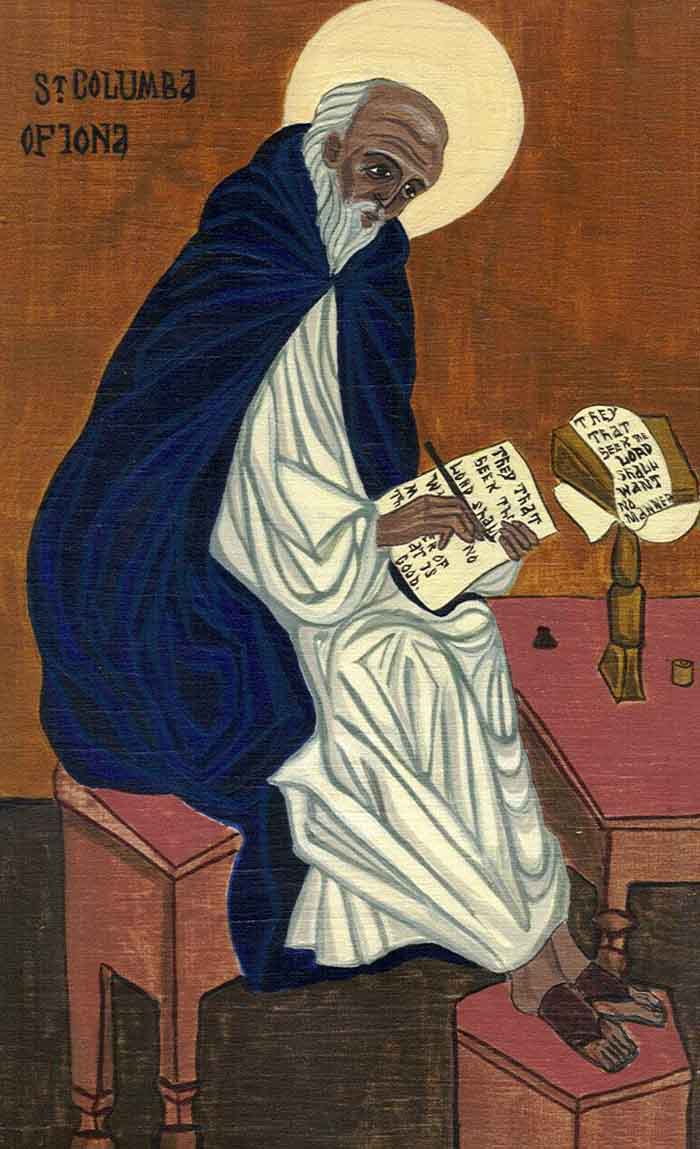+
It is a plain fact that the creation of the Holy Angels is not found in the current text of Genesis. There are fundamentalist Christians who would tell you that this is so because we do not need to know about all that. ... Nevertheless, this absence of the creation of the Holy Angels has been an ongoing and troubling problem for many Christians and rabbinical Jews. For Ethiopian Orthodox Christians it is no problem at all because their Bible contains the Book of Jubilees also called Little Genesis which plainly states things like the creation of Angels that the "correcting Scribes" (who were no friends of Jesus) decided should not be found in the Torah.
There has been among Christians a school of thought that interprets the text of Genesis as speaking of the creation of the Holy Angels under the text concerning the creation of light. This idea is found full flower in the mediaeval Latin Church, and a good example of this method is found below in an excerpt from the Didascalion of Hugh of St Victor:
Just as a man, when he has conceived something in his mind, draws an example of it externally, so that what was known only to him may be seen plainly by others, and afterwards, to make it still more evident, explains in words how the thing drawn as an example matches his idea of it; so, too, God, wishing to show his invisible Wisdom, drew her example in the mind of the rational creature, and next, by making the corporeal creature, showed the rational creature an external example of what it itself contained within. Thus, the rational creature was made in first place and in the likeness of the divine Idea, with nothing mediating between them. The corporeal creature, however, was made in the likeness of the divine Idea through the mediation of the rational creature.
For this reason, the book of Genesis, speaking of the angels under the appellation "light," says: "God said: Let there be light. And the light came to be." Concerning all the other works of God, however, it says: "God said: Let it be. And it was so" --and then it adds, "And God made it." For the angelic nature first existed in the divine Idea as a plan, and then afterwards it began to subsist in itself through creation. The other creatures, however, first existed in the Idea of God; next, they were made in the knowledge of the angels; and finally they began to subsist in themselves. When, therefore, Genesis says, "God said: Let it be, " this refers to the divine Mind. When it says, "And it was so," this refers to the angelic intellect. And when it says, "And God made, " it refers to the actuality of things.
















